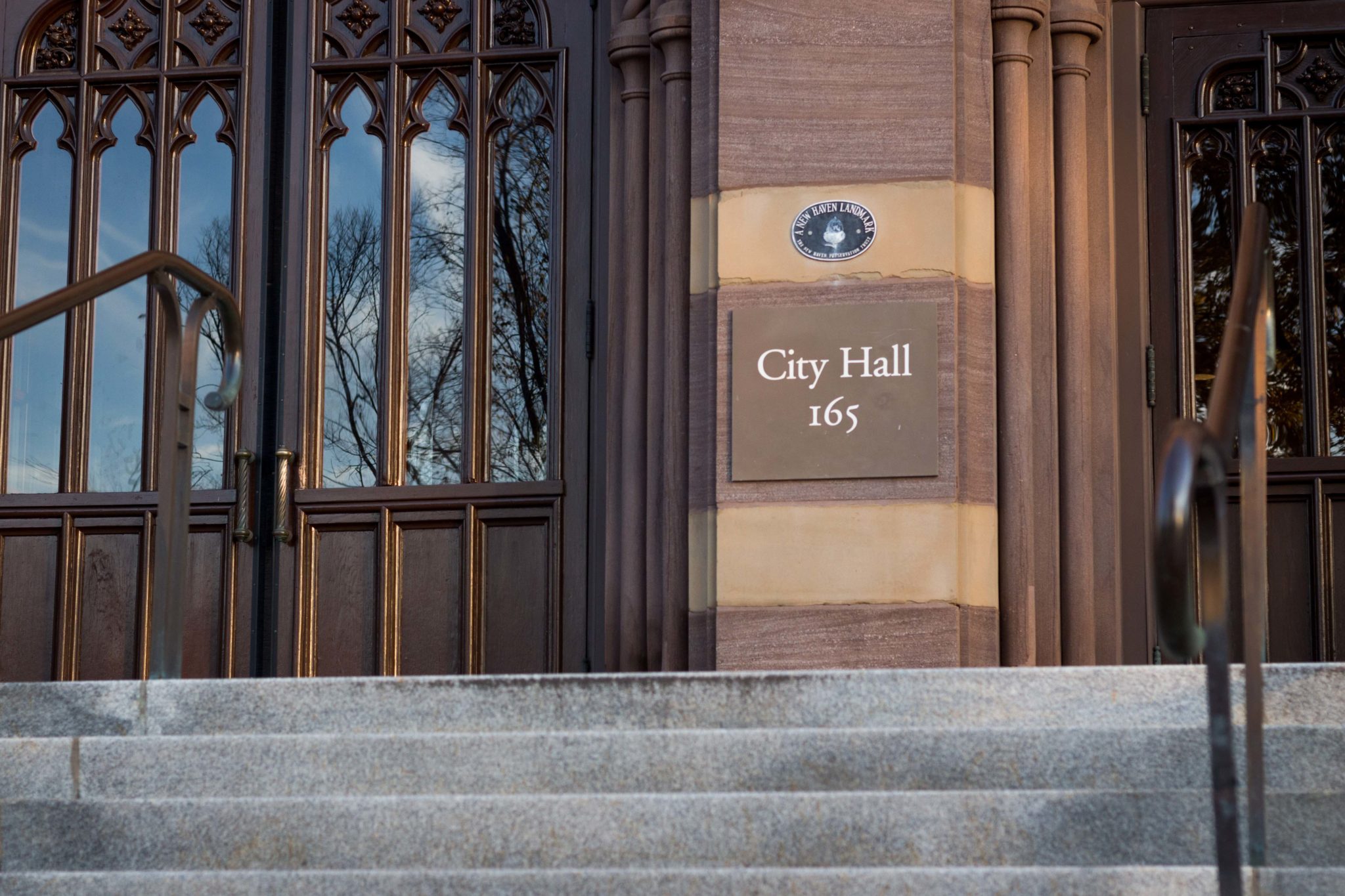
In a Jan. 4 newsletter sent to his Yale constituents, Ward 1 Alder Hacibey Catalbasoglu ’19 highlighted a new way for Yalies to get involved in the Elm City — encouraging students to serve on various New Haven commissions.
To date, 46 boards and commissions support New Haven and its community, covering areas from Cable TV to the management of Tweed Airport. According to Catalbasoglu, commissions with vacancies — like the Board of Education, the Housing Authority and others — are welcoming Yale students to apply.
To do so, students must first contact the mayor’s office and inquire about specific vacancies and then send a completed application to City Hall. If Mayor Toni Harp nominates a student, the Board of Alders’ Aldermanic Affairs Committee will then have the final say in the decision.
”I think it’s a great way to get [students] involved because it’s so hyper-focused in the sense that there are tons of different commissions, ” Catalbasoglu said in an interview with the News. “If anyone has a very specific interest, there is a good likelihood that there is a commission based on that.”
New Haven Mayor’s Office Director of Communications Laurence Grotheer noted that the sheer variety of commissions allows students from a wide variety of backgrounds to apply. For example, he said that medical or pre-med students may be suitable for the Health Commission, whereas students with expertise in law or criminal justice might be interested in joining the Police Commission.
Commission membership is open to any New Haven resident provided they are registered voters in the city. Grotheer added that ‘minority provisions’ also exist to maintain some degree of diversity on these commissions, allowing for unaffiliated voters and registered Republicans to represent residents even though New Haven mostly consists of Democrats.
According to Catalbasoglu, while students on the commissions will technically have the same amount of power as veteran members — there is one vote per member on these commissions — older commissioners with more experience will naturally have more sway in decisions.
One board veteran is Fish Stark ’17, who joined the Peace Commission in 2014 and subsequently worked on initiatives including efforts to plant “peace trees” around the city and host film screenings. In an interview with the News, Stark pointed out that responsibility stands as a key component in government work.
“Students need to be willing to honor their commitments — show up, be present and engaged,” Stark said. “If you flake out, it reinforces the public perception that Yalies see public service in New Haven as a playground and a resume-builder, rather than as an obligation of citizenship.”
Though he said that Yale’s presence in New Haven can be seen as both a “boon and a burden,” Fish added that efforts by Yale students, like projects regarding mental health services and the renaming of Calhoun College, usually tend to end successfully. Therefore, he noted, Yalies should feel able to translate their energies from “the ivory tower” to more community initiatives.
According to Catalbasoglu’s newsletter, the selection process for commission applicants takes about two months.
Valerie Pavilonis | valerie.pavilonis@yale.edu







